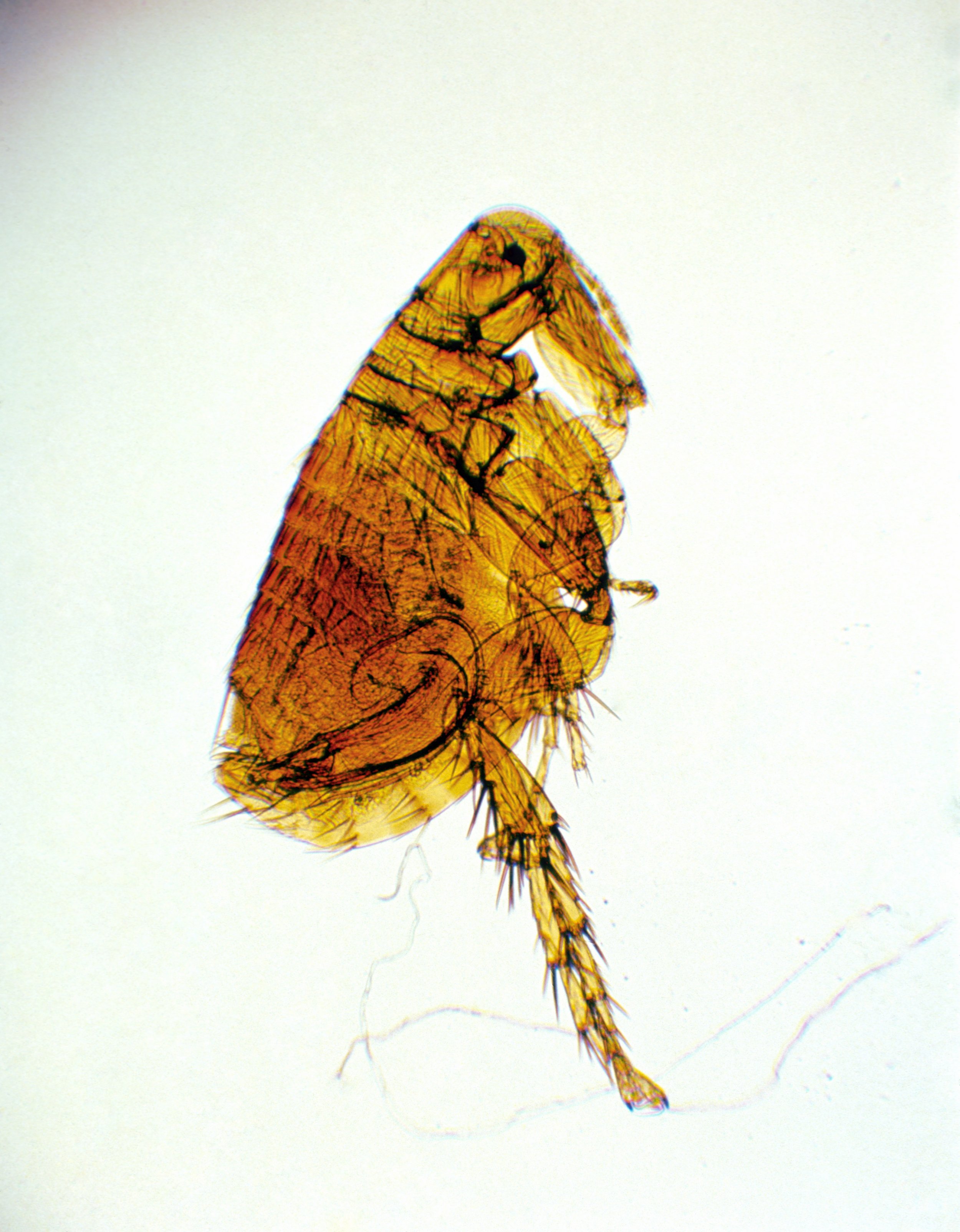
Fleas in two Arizona counties are carrying bubonic plague, an infectious disease that took the lives of millions of people in the Middle Ages, according to news reports. So far there have been no reported illness and deaths.
Health officials in Navajo and Coconino counties in Arizona recently issued a warning to the general public after fleas in the northern part of the state tested positive for Yersinia pestis, the bacteria that causes the bubonic plague. Humans can contract the plague in a number of ways. In addition to flea bites, people can pick up the bacteria by handling the fluids or tissue of a rodent or another animal that has the illness. The plague can also be transmitted through bodily fluids such as respiratory droplets.
"Navajo County Health Department is urging the public to take precautions to reduce their risk of exposure to this serious disease, which can be present in fleas, rodents, rabbits and predators that feed upon these animals," the public health warning states, ABC news reported. "The disease can be transmitted to humans and other animals by the bite of an infected flea or by direct contact with an infected animal."
The plague is primarily found on the West Coast of the U.S., especially the southwestern U.S. when cool summers follow wet winters. At the end of June, three people in New Mexico tested positive for the plague as well, according to NPR.
Dr. Amesh Adalja, a spokesperson for the Infectious Diseases Society of America and senior associate at Johns Hopkins Center for Health Security says the area of the country is vulnerable to the transmission of the plague bacterium.
"Western parts of the United States have had ongoing plague transmission in rodents for over a century," he says.
Although incidents of plague are minimal these days the risk still exists so people should be vigilant "when dealing with rodents and clear areas of their property that may be attractive to rodents," says Adalja. He adds that it's also important for health care providers to be aware of cases and learn to spot symptoms of illness, and to be aware of diagnostic testing and treatment protocols for the illness.
The infectious bacteria that causes plague is rare in the U.S. today. According to the U.S. Centers for Disease and Prevention, an average of seven human cases are diagnosed each year. In 2015, four people in the U.S died from the illness. Worldwide there are roughly 300 cases of the plague each year, according to the World Health Organization.
Symptoms of the plague include sudden onset of fever, headache, chills, and weakness and one or more swollen, tender and painful lymph nodes (called buboes). This form is usually the result of an infected flea bite. The bacteria multiply in the lymph node closest to where the bacteria entered the human body. The disease can be treated effectively with a course of antibiotics, but left untreated the plague can spread to other parts of the body. Without appropriate medical care the illness can be deadly; up to 60 percent of people infected with the pathogen die from it.
Uncommon Knowledge
Newsweek is committed to challenging conventional wisdom and finding connections in the search for common ground.
Newsweek is committed to challenging conventional wisdom and finding connections in the search for common ground.
About the writer
Jessica Firger is a staff writer at Newsweek, where she covers all things health. She previously worked as a health editor ... Read more
To read how Newsweek uses AI as a newsroom tool, Click here.








